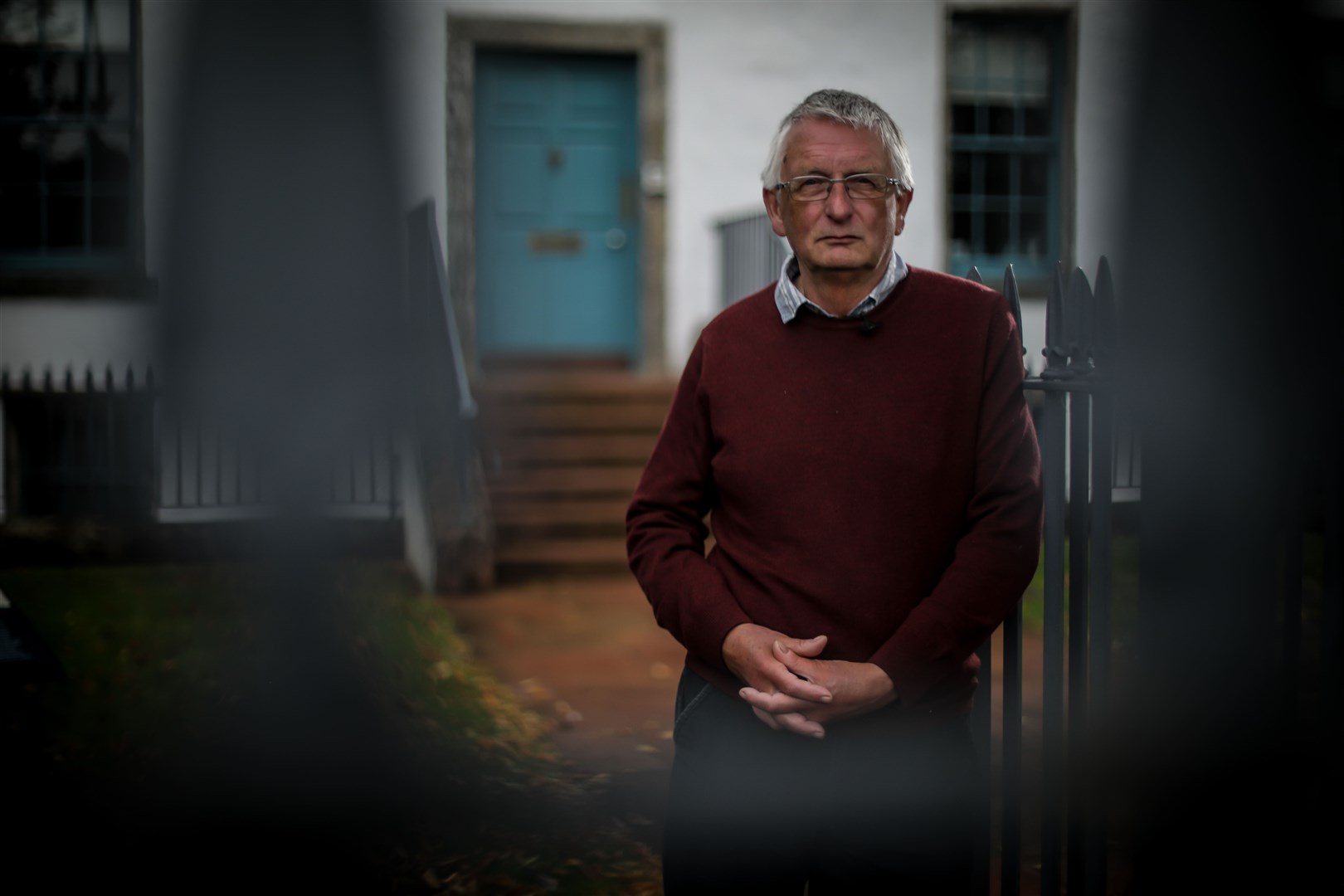
His white assailant, at the age of five, had lost his father in an accident at sea, the family had struggled financially, his two sisters had died …” The black student was probably an illegitimate child sent to Scotland for education, with no close family in a strange country.

“Both boys were from troubled backgrounds. This time his opponent – who was younger and claimed to have been hit first – retaliated drew his own knife, jinked to one side and stabbed the black teenager in the thigh. A recent immigrant from the Caribbean, he had been shunned by other students, and often carried a knife, which he had previously brandished in confrontations with older boys. “Only a few minutes’ walk from my home in the small community of Cromarty in the Scottish Highlands, a seventeen-year-old black student was stabbed during a brawl outside the local school. I will take the first couple of paragraphs from this book to demonstrate what I mean:

Now I have to add David Alston to my growing list of authors I not only rather like reading, but whose work is genuinely gripping. It makes for tedious reading.īut there are exceptions to this rule: Ian Mortimer and Geoffrey Marsh, for example. And there are too many historians who are in reality agitators for one or other political theory, and will twist and distort the truth in order to promote their own views. If they don’t publish enough, they may find their funding reduced – or removed. Modern writers all too often write quick history to prove that they are worthwhile to the university. Historians in the past knew that they had to fascinate readers. They were above all dedicated to inspiring and enthusing others. Their books were not dry history, they were wonderful stories that took the reader back into a different time. Why? For the simple reason that people like Hoskyns and Finberg knew how to tell stories. I have often mentioned that I usually prefer to pick up a book by a dead historian than a modern one. The sentences flow and it is astonishingly easy to read and absorb for such a difficult subject. The main thing about it is, it is written by a master. My version (a pre-publication proof copy without Foreword or Index) weighs in at a reasonable three hundred and sixty five pages, of which three hundred and twenty four are text, the rest notes. This book really does deserve serious consideration and I only hope I can do it justice. It is thought-provoking, and I make no apology for this rather lengthy review. It raises many questions, mostly about slavery and the British – which yes, means Scottish and English – responsibility for slavery, as well as the French, Dutch and other European nations who ran slave plantations. This is one of those books which leaves the reader thinking. The final printed version may well have a different cover.

Published October 2021 This is a proof copy.


 0 kommentar(er)
0 kommentar(er)
